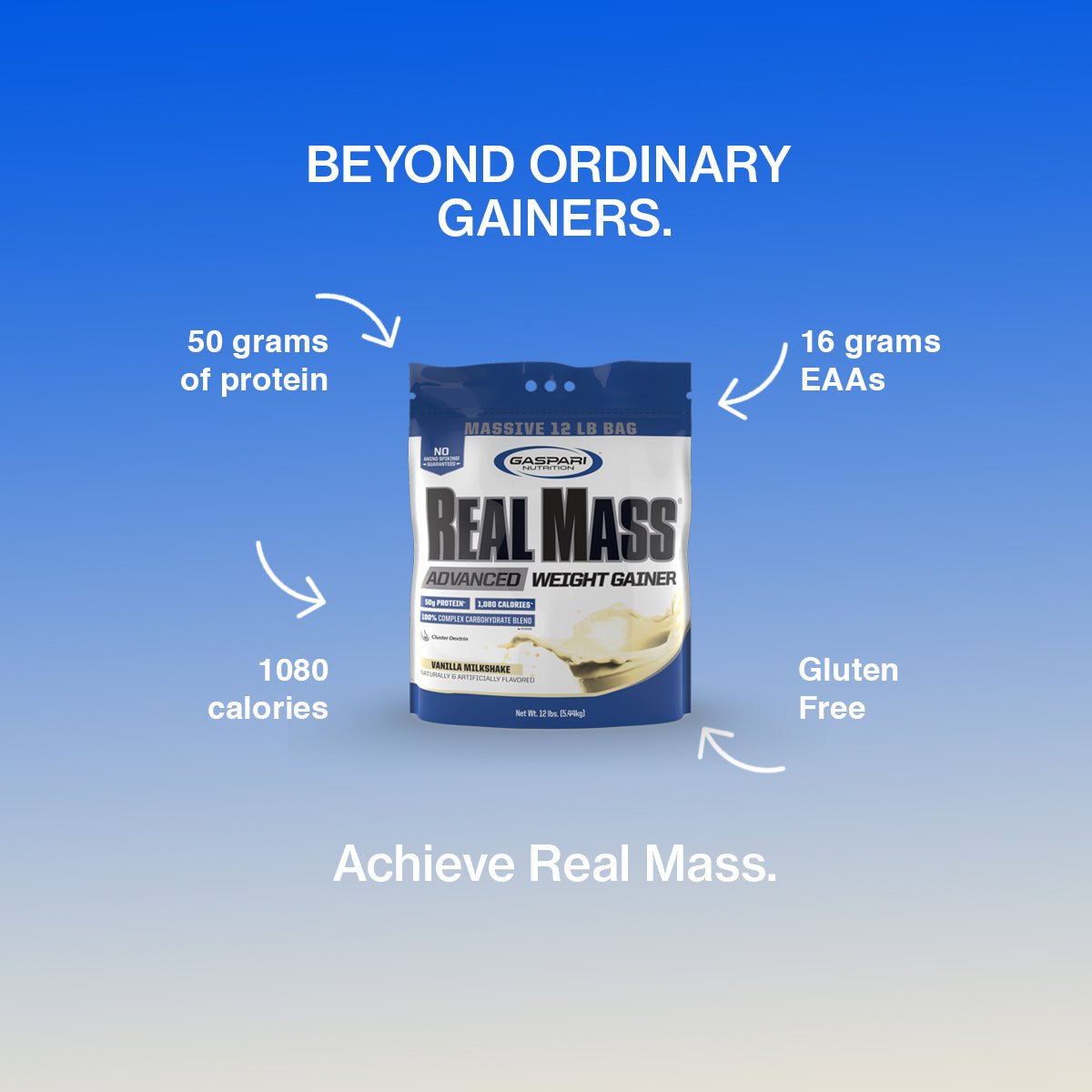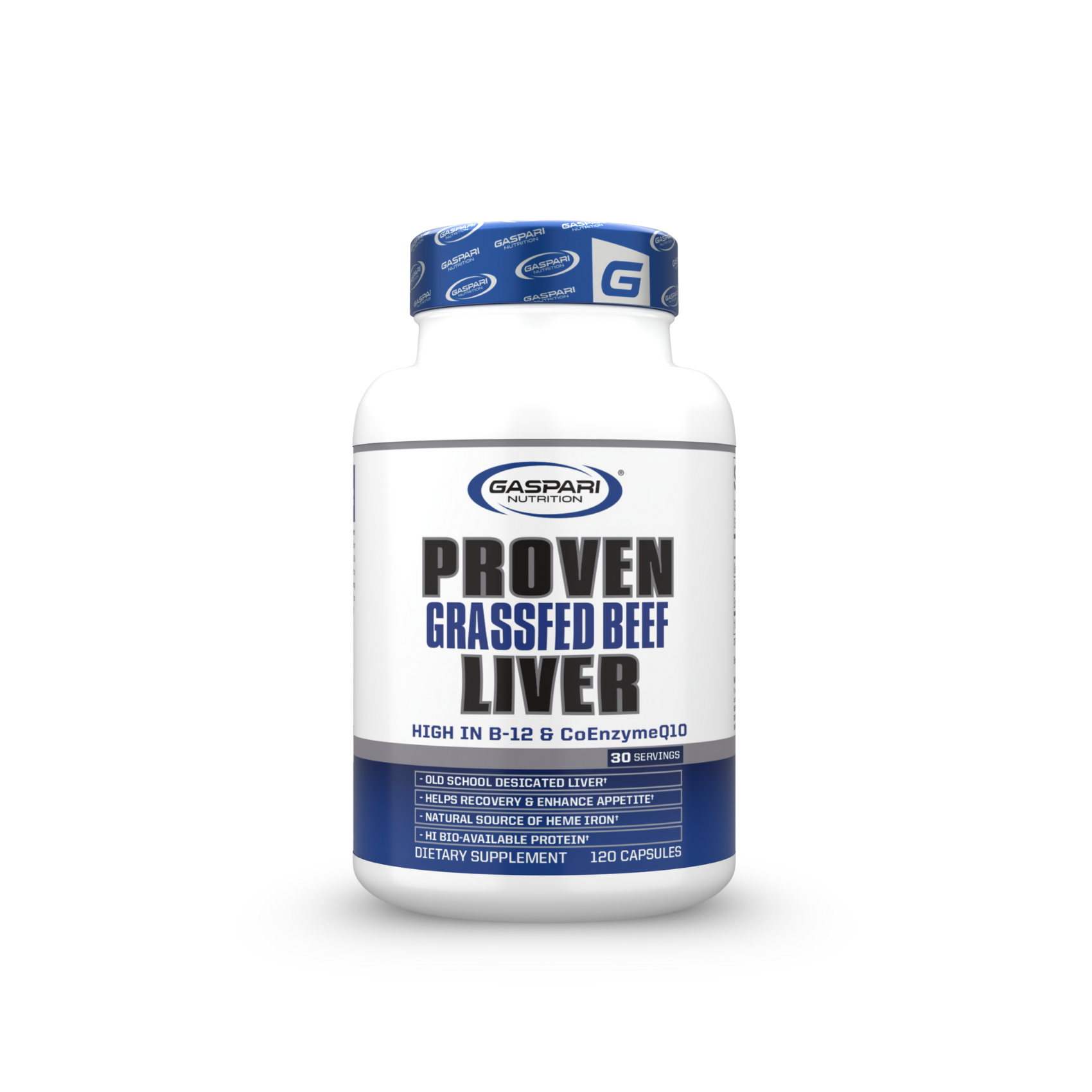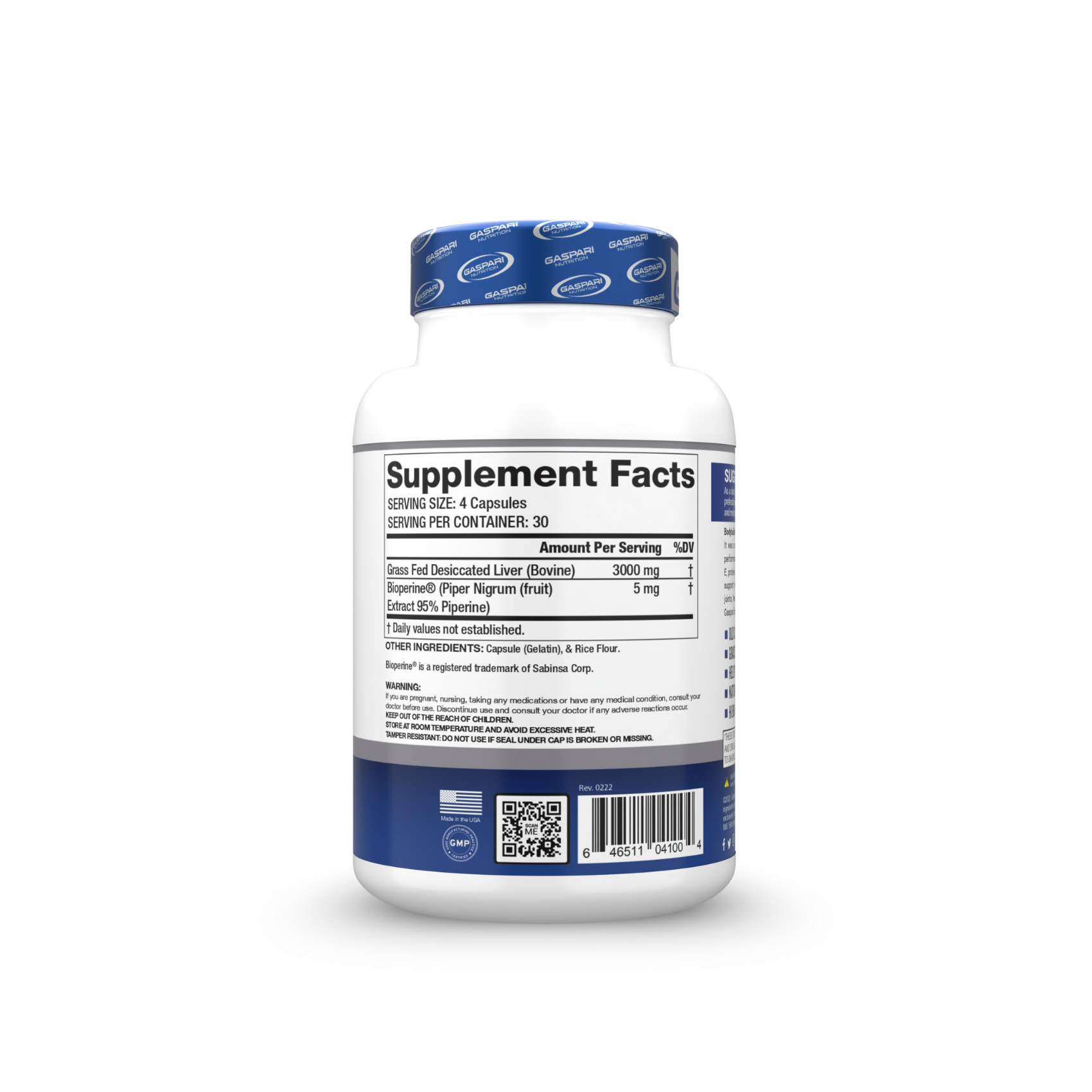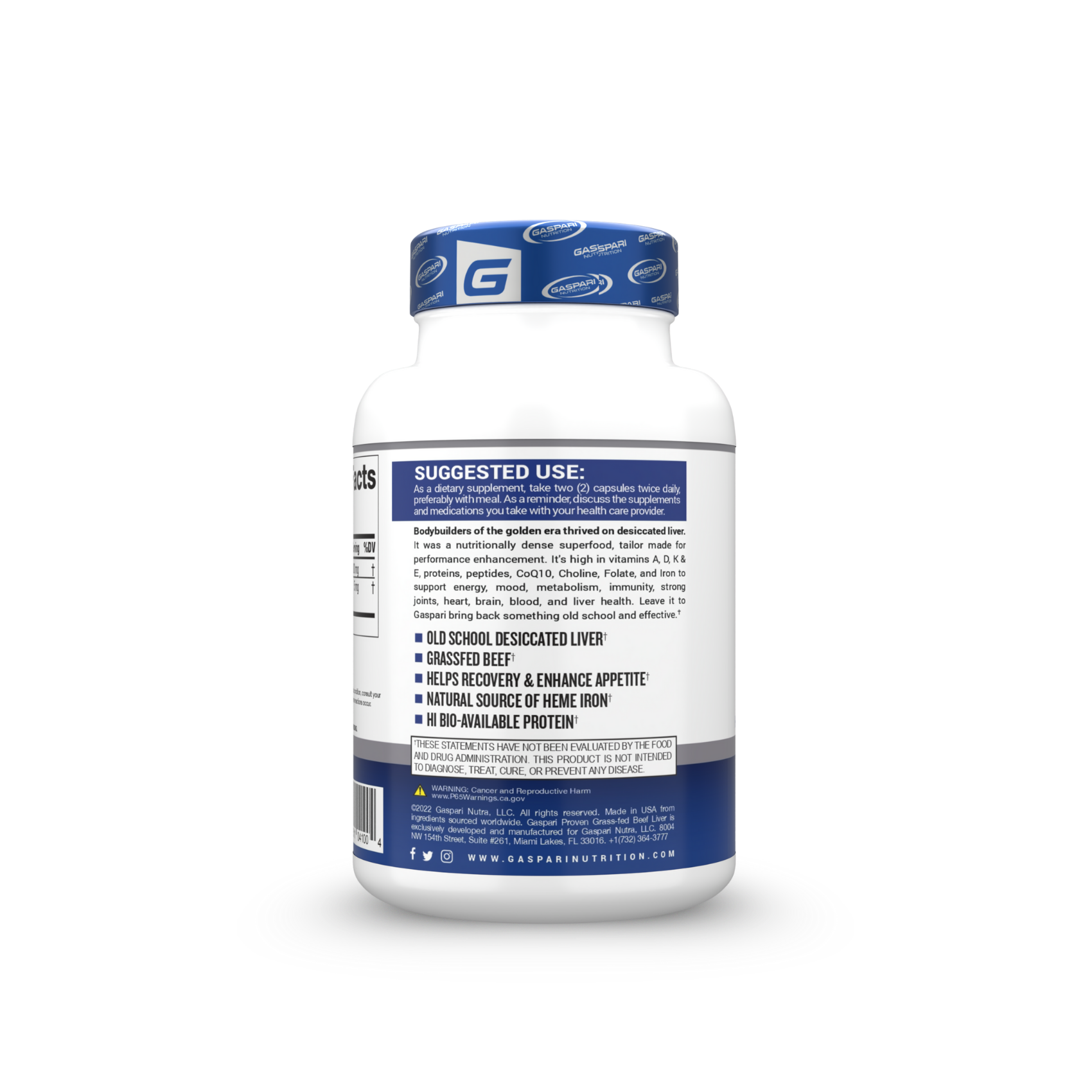Let’s get one thing out of the way first and foremost. On a biological level, there are significant differences between male and female bodies, and it isn’t just the shape or presence of certain organs. Metabolism, biochemistry, a host of other concerns are quite a bit different between genders. Social gender issues completely aside, there are reasons why medicine for men and women can vary, and health supplements can be so drastically different.
It’s easy to think that “vitamins for women/men” is just a marketing ploy in line with clothing and toys doing this, but in this particular case, that’s not the case. For women, various dietary and exercise concerns are different than they can be for men, though basic biological truths and constants still do reign true across the board.
We took the time to point out this actual measurable difference between the genders for a reason – as a woman seeking optimal health and fitness, your gender matters in which advice you should take. Of course, carbs, proteins, and vitamins will do pretty much the same thing in a human body regardless of the gender, and the same can be said for exercise for the most part. Muscular, digestive and nervous systems work pretty much the same way in, honestly, any mammalian body of any gender. It’s all about the proportions of these, and the rate at which things may be depleted, and so on.
This is why when it comes to something like “how much protein do I need”, it’s more complex than just your genetic makeup, it also depends on your gender. Women are powerful beings capable of anything any humanly possible, but understanding the need for specific proportions of supplements, sustenance and the like, is critical to optimal health and fitness, is crucial to both men and women.
The Role and Importance of Protein
Protein is a fickle substance in nutrition and fitness. A lot of people have a strong misunderstanding of protein and its role in health and nutrition, due in large part to various false stigmas attached to meat after the industrial revolution. Vegetarianism in the early days of modern dietary and medical sciences led to the belief that consuming meat and other protein sources was very unhealthy, which has since been scientifically proven to be wrong. Protein is crucial to health, as in fact all life is made of protein molecules on a fundamental level.
The body both grows and repairs itself through a process known as “assimilation”. This is the process where a living thing eats proteins, which are processed to their base amino acids, and rebuilt into new proteins that are part of the body. In other words, protein is the building block of the human body. We cannot heal, replenish dead cells, or repair our muscles without an intake of protein, and in fact, without consuming it, we will die.
Conversely, starches are fuel, which powers the operation of our cells and the larger operation of our bodies. This is why carbohydrates and sugars can “wire” us, and why they turn into fat when not used – fats are a fuel storage tactic biology uses. Other nutrients are chemical agents which are used for various, far-too-complicated electrochemical and biological processes that take place in the body.
To maintain health and musculature, a certain minimal amount of protein is necessary, dependent on genetics, age, body build/size and yes, gender too.
View this post on Instagram
Are Female Muscular Systems Different?
So, we took a moment out the gate to point out that yes, biologically, there are different variables between men and women, which is unavoidable. Does this mean that women have completely different musculature than men? No, in fact, the same basic muscular and metabolic systems are there. It’s more about the concentration of musculature across the systems, and the variation which body chemistry can cause. Put simply, female bodies produce some hormones that men do not (and vice versa), and some ratios of unisex hormones are different between them.
Long story short, this difference in musculature ratio, metabolism and chemistry means that different portions, and in some cases types, of protein are necessary depending on your gender.
How Much Protein?
First, the bottom line. How much protein on average, do adult women need in their diet, to maintain health, and to safely pursue more advanced fitness? Well, bear in mind that this is indeed an average figure, as gender is really only one of many bio variables that differentiate pretty much every living person from any other, and you should probably consult a physician and/or dietician if you suspect you’re not “average” in some way.
The CDC (Centers for Disease Control and Prevention) recommends 46 grams of protein daily for average adult women, with this being a bit higher for juveniles and geriatrics where growth and/or fighting the ravages of age and decay are higher priorities. This comes down to roughly 1.2 to 1.7 grams of protein for a kilogram of body weight give or take.
Once more, this is an average calculation.
Protein Sources
So now we come down to the brass tacks with this, and a big reason why people think protein is the enemy – the source of your protein. Meat in and of itself (personal ethics about animals aside) is not as unhealthy as a whole. It all comes down to the type of meat. Fattier meats are, overall, less healthy than leaner meats, and red meats have a special concern when it comes to heart health and circulatory health.
Now, before you cut red meat out altogether, though, remember that moderation, not total abstinence, is the key to a healthy lifestyle in most things. A little red meat won’t hurt you and is an excellent source of iron and sodium, which the body needs.
For daily meat intake though, egg whites, poultry and fish are far healthier mainstays.
When it comes to efficient supplements, there’s a lot of debate about hemp, rice, whey, and so on and … frankly, it all comes down to choice. The care and attention given to the creation of protein supplement powders, regardless of their source, results in a healthy nutritional supplement either way.
At Gaspari, we put this kind of care and attention to the many lines of excellent protein supplements we provide, with which you can make excellent shakes, smoothies and much more.
To learn more about the important role of protein in the diets of men and women of all ages, and learn more about our wide variety of healthy protein supplements, follow us on Facebook today!
The post How Much Protein Should A Woman Take? appeared first on Gaspari Nutrition.























































































Share:
How To Increase Your Bench Press
What Are Some Benefits Of Taking Zinc?